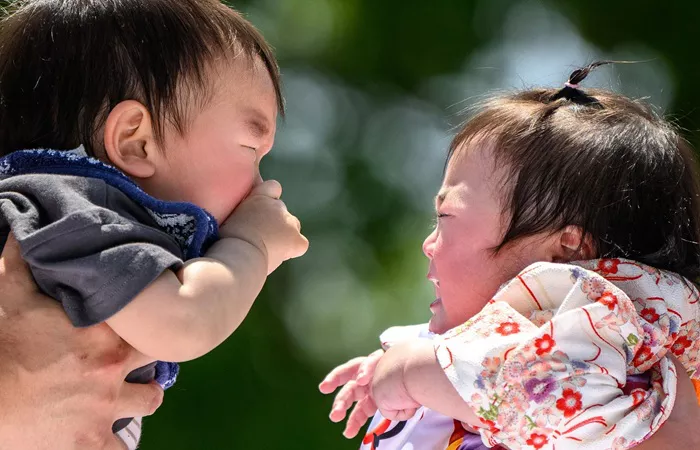Japan recorded just 686,061 births in 2024—a 5.7% drop from the previous year and the lowest since records began in 1899, according to data released Wednesday by the Health Ministry. It’s the 16th consecutive annual decline and marks the first time births have fallen below 700,000.
This figure is roughly a quarter of the postwar peak of 2.7 million in 1949 and underscores growing concern about the country’s aging population, economic sustainability, and national security amid rising defense spending.
Prime Minister Shigeru Ishiba has called the demographic trend a “silent emergency” and pledged reforms to support work-life balance, especially in rural areas where traditional gender roles remain entrenched.
Japan’s fertility rate also fell to a new low of 1.15 in 2024, down from 1.2 the previous year. While marriages rose slightly to 485,063, the long-term decline continues.
Experts say current policies fall short, focusing mainly on married couples and neglecting root causes behind young people’s reluctance to marry or have children. Key factors include job insecurity, high living costs, and workplace cultures that burden women.
Japan’s legal requirement for married couples to share a surname is another disincentive for many women.
With a current population of about 124 million, Japan is projected to shrink to 87 million by 2070, with 40% over the age of 65. The crisis mirrors similar challenges faced by other East Asian countries like South Korea, China, and Vietnam, which recently lifted its two-child policy in response to declining birth rates.
Related topics:


